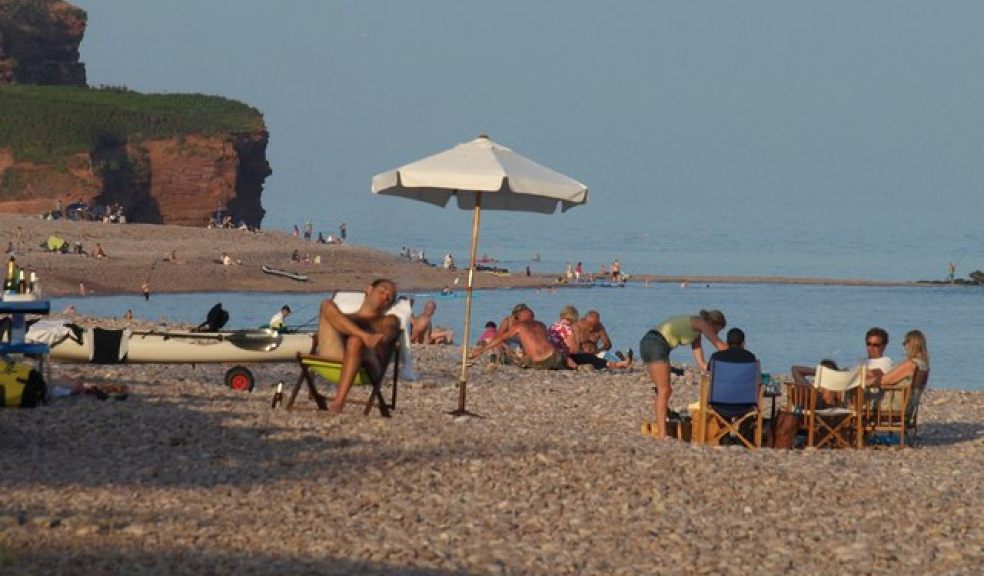
Devon beaches risk failing new water tests
Devon’s beaches are among those on track to fail the new tougher bathing water quality standards tests, the Environment Agency has said today.
The new water quality standards, which are almost twice as stringent as the current standards, will come into force in England next year in an effort to tackle pollution on the seafront.
However recent tests by the Environment Agency found that, while around 90% of English Beaches are expected to meet the tougher standards, 40 English beaches (including seven in Devon) are currently at risk of failure.
Failure would mean the local authority would be obliged to erect signs advising against swimming at beaches that do not meet the new standards, which could badly effect the local tourism industry.
Paul Hickey, Deputy Director of Water Quality at the Environment Agency said: “The seaside economy in England is worth around £3.6 bn each year – and every improvement in bathing water quality helps to protect that.
“With one year to go until the new EU standards come into effect, the Environment Agency and partner organisations are focusing efforts on the small number of problem sites to bring them up to standard.
“Meeting tough new water quality targets has been a huge challenge, and local authorities, water companies, farmers, homeowners and businesses all have important parts to play in protecting and improving bathing water quality at the remaining beaches that are not yet up to scratch.”
There are a range of reasons why the beaches may not meet the standards such as runoff from agricultural land getting washed into rivers and streams and then into the bathing water or poorly connected sewers from homes and businesses putting raw sewage into the surface drainage system.
In some areas of the country as many as 1 in 5 homes have their drains misconnected, meaning sewage is unintentionally being flushed into rivers and ending up on beaches. Water companies, local authorities and the Environment Agency are working to repair misconnected drains.
The Agency is also working with the agriculture sector to reduce pollution from agricultural areas but as the pollution sources are spread out it is challenging to control.
Fortunately the farming community has a good record on reducing pollution through voluntary measures.
Other challenges such as Animal and birds habitats can also be a significant source of pollution at certain sites as is sewage and storm discharges.
The Environment Agency’s role is to improve water quality; it works with local authorities, industry, farmers and water companies to take action to reduce pollution.
To help do this Environment Agency water quality sampling teams will be out taking a total of 8,400 samples at over 400 bathing sites between now and September.
Information on bathing water quality is available online on the Bathing Water Data Explorer and includes a pollution forecasting system for bathing waters, which predicts risk to bathing water quality daily during the bathing season, allowing the public to make more informed decisions about where to swim.
A freely available mobile phone app called Beach Selecta allows access to bathing water information on the move.
Over 400 beaches and inland bathing sites are tested every week between May and September. Improvements this year will help more beaches to pass new water quality standards.
Beaches at risk of failure in the South West
Devon
• Ladram Bay
• Budleigh Salterton
• Teignmouth Town
• Mothecombe
• Instow
• Ilfracombe Wildersmouth
• Combe Martin
Dorset
• Lyme Regis Church Cliff Beach
Cornwall
• Seaton (Cornwall)
• East Looe
• Gorran Haven Little Perhaver
• Porthluney
• Porth
Somerset
• Burnham Jetty North
• Weston-super-Mare Uphill Slipway













